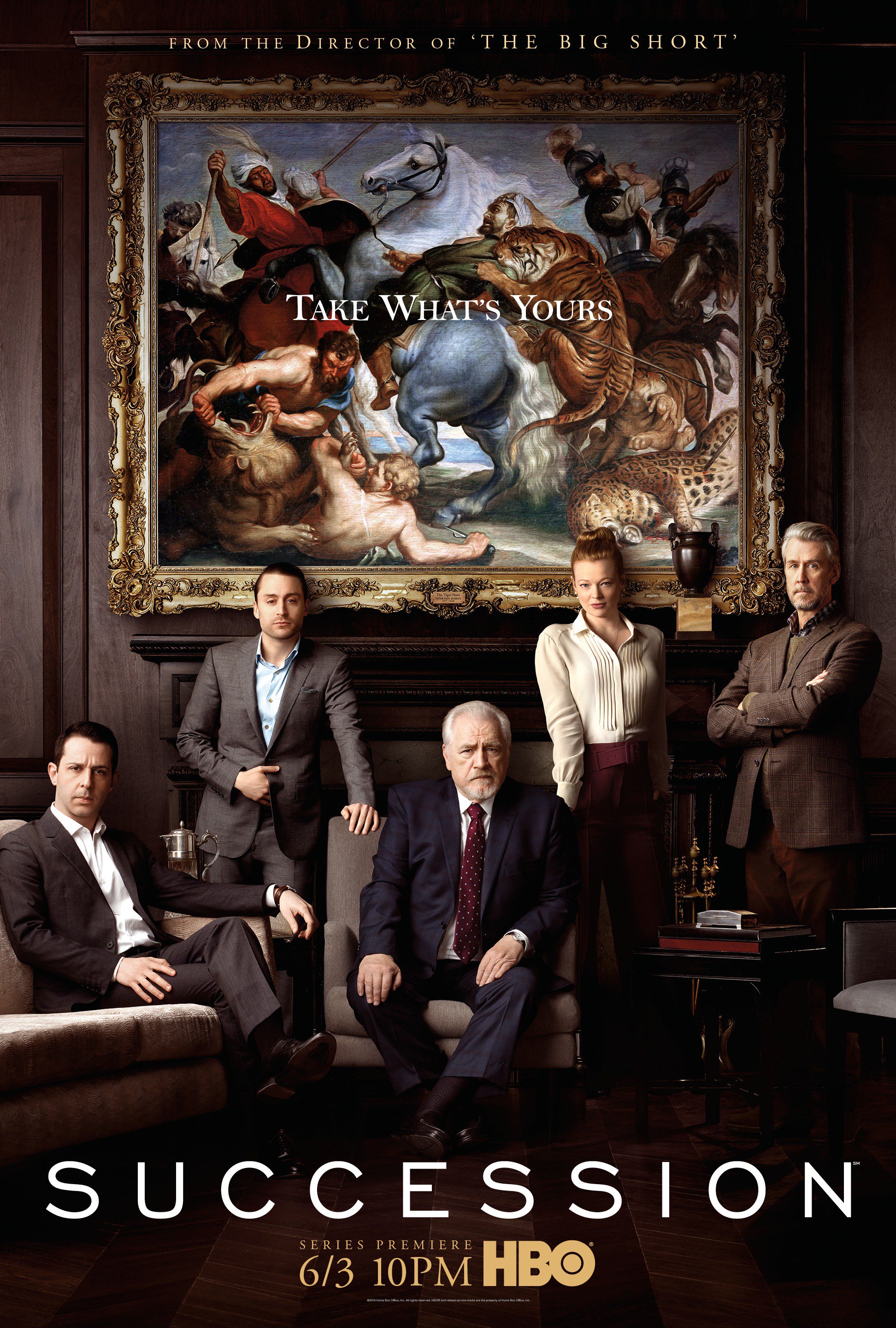Movie trailers have always been a real pleasure of mine, I watch them all the time to reset my brain between writing sessions. And then there's that old fashioned excitement that comes from seeing the big, neon-ish green "Preview" page in the movie theater. Lately, I've become really fascinated with the idea of trailer editing - and how a longer story can be compressed into a short story with an enticement and suspense all its own. Personally, I think it requires an incredible skillset and vision for an editor that's probably rare among editors. I have one friend who's a trailer editor and I'll have to ask him his philosophy for his cuts and follow up to this post with his knowledge.
But in the meantime, I just wanted to post two recent trailers:
It's interesting, given the films themselves I'd guess I'd be more drawn to BAD TIMES just with my own personal preferences - FRONT RUNNER seems like pretty dry subject matter. And yet, I found the structure of the FRONT RUNNER much more compelling. It paints a steady portrait of Gary Hart, then introduces the idea of scandal, then still somehow retain empathy for Hart while making us question his inner self. Then, following some great classic music, it spirals out of control -- a sense of existential excitement - how bad can things get?
Meanwhile BAD TIMES AT THE EL ROYALE should be chock-full of actual action and excitement and yet I feel like the opening half wastes a lot of time telling us that there will be 7 vague character-caricatures at a motel where everyone's up to no good. It doesn't feel as compelling as it should, and its style points aren't worth anything without a concrete plot or character dynamics.
I'm not sure what the translatable lessons are for screenwriters, but certainly it pays to write real trailer moments into the project. The more telling and layered a moment can be in the script, the richer a single blip of the project will be in completion.









